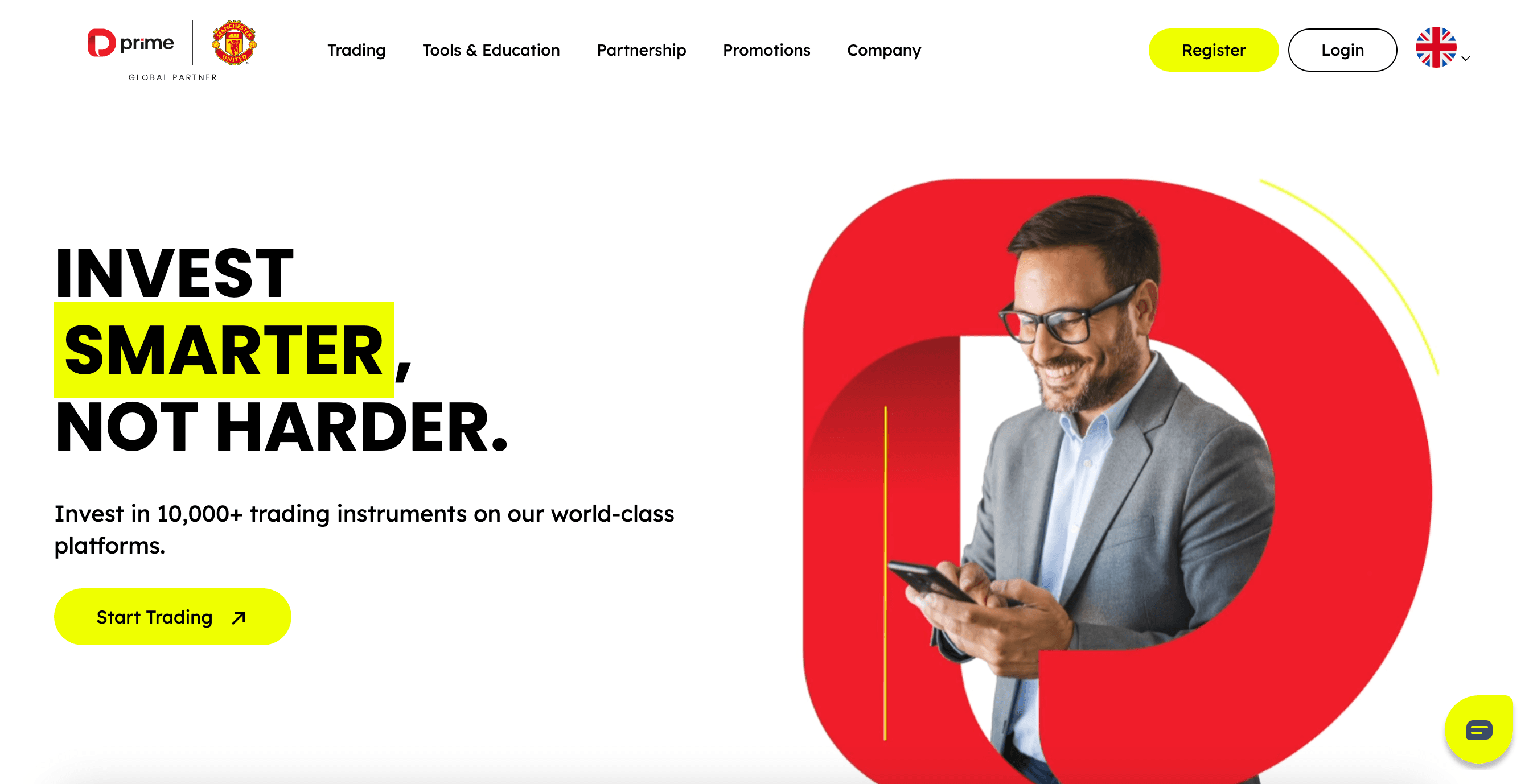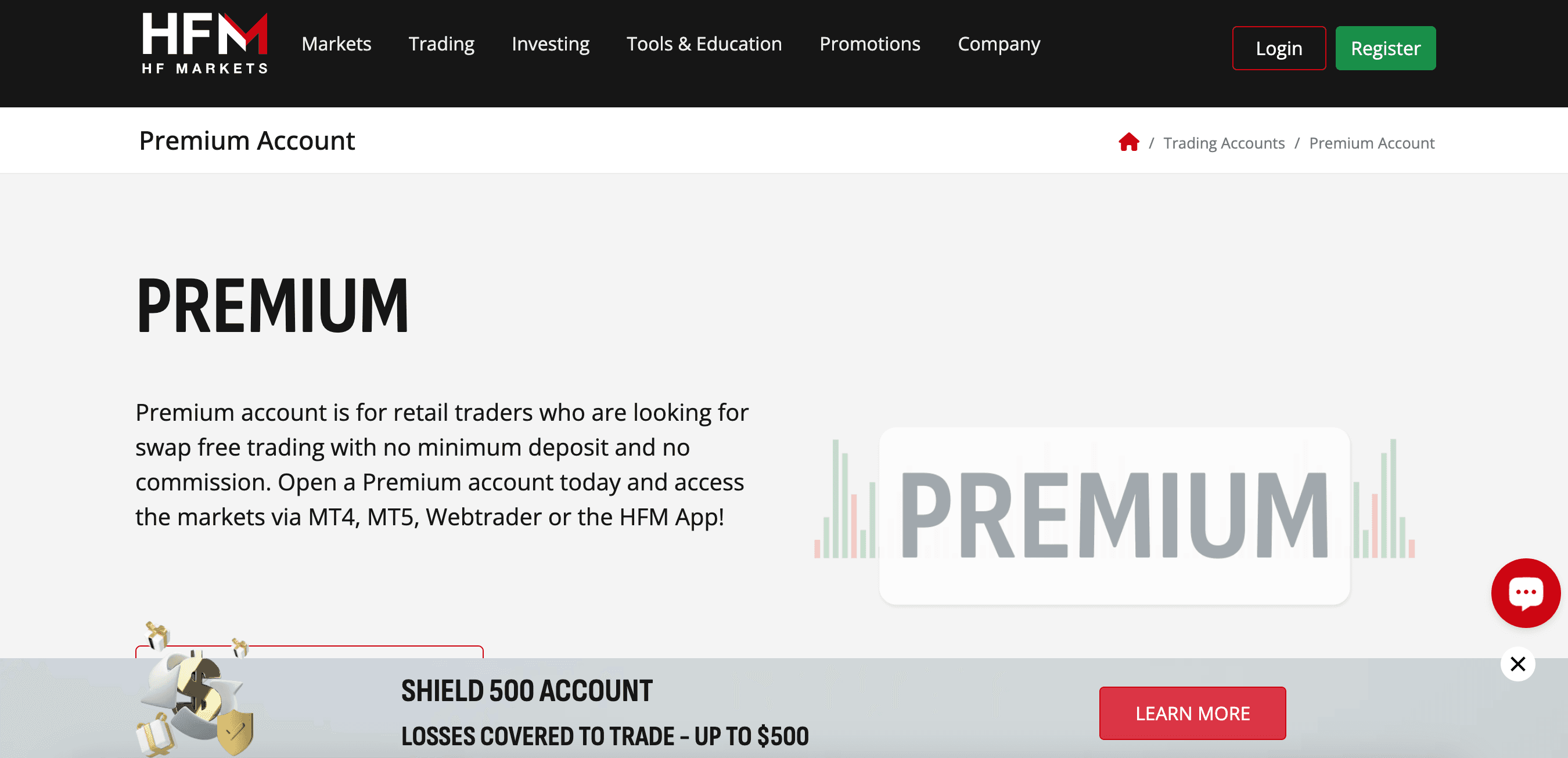Forex trading may be exciting, but it must be approached cautiously. One of the most important stages in protecting your hard-earned money is ensuring that you are collaborating with a reputable forex trading company. With so many platforms available, it can be difficult to distinguish between legitimate and fraudulent ones.
That's why confirming a company's licenses and registrations is a crucial component of the procedure. This tutorial will provide you with the information and skills needed to accurately analyze the reliability of any forex trading organization.
By following these steps, you will enhance your Forex trading safety, understand Forex regulations, and implement Forex scam prevention strategies to protect your investments.
Understanding Forex Trading Licenses
To operate in the foreign currency market, a forex trading business needs a license, which is effectively a government-issued authorization. It's an important determinant of a business's reliability and compliance with industry norms.
Usually awarded by financial regulatory bodies, these licenses are subject to stringent scrutiny to guarantee the business satisfies operational and financial criteria. In this process, forex regulation is important since it makes sure businesses follow the rules to safeguard investors and preserve market integrity.
There are several types of licenses, each catering to different business models. The most common ones are:
-
● The Retail Forex Dealer (RFED) License allows a corporation to provide forex trading services directly to individual clients. These organizations frequently offer trading platforms, market research, and customer assistance.
-
● Forex Broker License: This license is intended for intermediaries that assist forex transactions between buyers and sellers. They serve as a bridge between traders and the global FX market.
Understanding the subtleties of these licenses is essential for traders since it allows them to distinguish between genuine and possibly unsafe forex organizations.
Regulatory Bodies and Authorities
A global network of regulatory agencies monitors forex trading to protect investors and maintain market integrity. These organizations set industry standards, conduct regular inspections, and enforce compliance to prevent fraudulent activities.
Key International Regulators
- ● Commodities Futures Trading Commission (CFTC): The primary authority for futures and options markets in the US, including forex.
-
● National Futures Association (NFA): A self-regulatory organization registered with the CFTC to oversee the U.S. futures market.
-
● Financial Conduct Authority (FCA): The UK's independent regulator for financial services.
Regional Regulatory Authorities
In addition to international oversight, regional regulatory bodies play a vital role in consumer protection. Some notable examples include:
-
Australian Securities and Investments Commission (ASIC): This organization regulates the financial services industry in Australia. ASIC ensures that financial markets function fairly and transparently, safeguarding investors and maintaining the integrity of the financial system.
-
Cyprus Securities and Exchange Commission (CySEC): This commission oversees the regulatory framework in Cyprus, a key hub for forex brokers. CySEC's regulations help preserve market integrity and protect investors from fraudulent activities.
It's important to recognize that regulatory environments differ between countries. Traders should always verify a forex company's regulatory status within its operating jurisdiction. This verification is essential for assessing the company's credibility and reliability, ensuring compliance with local regulations and standards, and preventing forex scams. Effective forex regulation plays a crucial role in forex scam prevention, providing traders with the confidence to engage in safe and secure trading activities.
Why Verification is Crucial
Verifying a forex trading company's licenses and registrations is a cornerstone of responsible trading. Here's why:
-
● Investor Protection: Regulated companies adhere to strict financial standards, safeguarding your funds from misuse or loss.
-
● Fraud Prevention: Unlicensed companies are more likely to engage in scams or manipulative practices, putting their investments at risk.
-
● Market Integrity: Ensuring companies operate legally helps maintain a fair and transparent forex market for all participants.
-
● Building Trust: Dealing with a regulated company instills confidence in the platform and its services.
By taking the time to verify a company's credentials, you're taking a proactive step to protect your financial well-being.
Step-by-Step Guide
Step 1: Research the Forex Trading Company.
Before entrusting your hard-earned money to a forex trading organization, conduct a thorough investigation. Begin by learning as much as possible about the company's past, history, and reputation in the trading community. This initial step is crucial for ensuring forex trading safety.
-
● Firm History: Determine when the firm was founded, its track record, and any notable milestones or occurrences.
-
● Online reputation: Investigate internet forums, review sites, and social media to determine public opinion about the firm. Seek both favorable and negative input.
-
● Customer reviews: Pay attention to in-depth evaluations that include the company's offerings, customer assistance, and overall trading experience.
By carefully reviewing this information, you may have a better understanding of the company's dependability and trustworthiness.
Step 2: Check for Proper Licensing
Ensuring that a forex trading company holds a valid license is paramount to protecting your
investment. Follow these steps:
-
● Identify the Regulatory Body: Determine the country where the company operates. This will help you identify the correct regulatory authority.
-
● Locate the License Information: The company should display its license number and the regulatory body on its website.
-
● Cross-Reference the License: Visit the official website of the regulatory body and use their search tool to verify the license number. This will confirm the license's authenticity and check for any disciplinary actions against the company.
Remember, a valid license is a crucial indicator of a company's commitment to fair practices and regulatory compliance.
Step 3: Verify Registration Status
A registered firm indicates a level of transparency and supervision. To verify a company's
legitimacy, examine its registration status:
- ● Identify the registrar. Determine the country where the company is registered. This can help you locate the correct registrant or company registry.
-
● Access the register. Visit the registrar's official website and use the search tool to find the business.
-
● Verify the registration information. Compare the company's registration information (name, address, and registration number) with the information on their website.
-
● Check the active status. Make sure that the business is listed as "active" or "in good standing" with the registrar.
This phase ensures that the corporation is legally recognized and subject to legal review.
Step 4: Assess Regulatory Compliance
Ensuring a forex trading business follows regulatory requirements is critical for investor
protection. Here's how to determine compliance:
-
● Understand Regulatory Requirements: Familiarize yourself with the precise regulations that govern forex trading in your company's jurisdiction.
-
● Check the compliance history. Look for any publicly available records of regulatory actions, penalties, or warnings given to the firm.
-
● Review the Company Policies: Examine the company's terms and conditions, risk disclosure statements, and client agreements to ensure compliance with regulatory obligations.
-
● Inquire about compliance procedures. Contact the firm and inquire about its internal compliance processes and how it achieves regulatory compliance.
By thoroughly evaluating regulatory compliance, you may reduce the risks associated with non-compliant businesses.
Step 5: Utilize Official Regulatory Websites
Don't underestimate the power of official regulatory websites! These resources offer a wealth of information to help you verify a forex trading company's legitimacy. Here are some key websites to bookmark:
-
● Commodity Futures Trading Commission (CFTC): https://www.cftc.gov/ Oversees forex trading in the United States.
-
● Financial Conduct Authority (FCA): https://www.fca.org.uk/ Regulates financial services in the United Kingdom.
-
● Australian Securities and Investments Commission (ASIC): https://asic.gov.au/ Responsible for regulating financial services in Australia.
These websites typically offer features like:
-
● License Verification Tools: Search for a company's license number to confirm its validity.
-
● Company Registration Lookups: Verify a company's registered status and access basic information.
-
● Regulatory Announcements: Stay updated on any regulatory actions taken against forex companies.
By utilizing these resources, you can gain valuable insights into a company's regulatory standing and make informed investment decisions.
Are you ready for more?
Now that you've understood the basic methods for validating forex trading organizations, you're ready to explore the market with confidence. This guide might be expanded to include:
-
● Red Flags to Look Out For: Recognize warning indicators that may suggest an unauthorized or untrustworthy organization.
-
● Alternative Verification Methods: Check out more resources, such as consumer feedback and expert reviews.
-
● Resources to Report Suspicious Activity: Learn how to report suspected fraud and regulatory issues.
Remember that safe forex trading begins with proper due diligence. By following these procedures and continuing to educate yourself, you may reduce your risk while increasing your chances of success!
Step 6: Contact Regulatory Bodies
If you still have questions or need concrete proof of a forex trading company's authenticity, do not hesitate to contact the relevant regulatory agency immediately. They are the final authority on the subject and can supply accurate and current information.
-
● Gather the necessary information: Gather the forex company's name, address, and any registration or licensing numbers you have.
-
● Contact the Regulatory Bodies: Use the contact information listed on the regulatory body's website to inquire about the company's status.
-
● Be specific. Clearly express your concerns and request proof of the company's license and registration.
-
● Document the conversation. Keep a record of all communications with the regulatory authority, including dates, names, and information supplied.
Taking this extra step gives you peace of mind and ensures that you're working with a trustworthy forex trading firm.
Step 7: Use Online Verification Tools
While not a substitute for direct verification, online tools can provide a preliminary check for a company's legitimacy. Many platforms aggregate data from multiple regulatory bodies, making the process more convenient. However, it's essential to cross-reference the information with official sources.
-
● Regulatory Body Websites: Most regulatory bodies offer online search tools to verify licenses and registrations.
-
● Third-Party Verification Services: Some specialized platforms provide company verification services, often for a fee.
-
● Online Forums and Communities: Experienced traders may share information or tools for verifying companies.
Important Note: Always exercise caution when using online tools. Prioritize information from official regulatory sources to ensure accuracy and reliability.
By combining online tools with direct verification, you can enhance your due diligence process and protect your investments.
Step 8: Watch Out for Red Flags
While completing your due diligence, be aware of the following red signs that may suggest adishonest or untrustworthy forex trading company:
-
● Unrealistic Promises: Be wary of firms that provide guaranteed high returns with little to no risk. Remember that forex trading has inherent risks.
-
● Lack of Transparency: If a corporation is unwilling to offer detailed information about its operations, management, or financial performance, it is probably hiding something.
-
● Pressure tactics: Legitimate businesses will respect your decision-making processes. Avoid firms that put excessive pressure on you to invest immediately.
-
● High-Pressure Sales Methods: Avoid organizations that use aggressive sales methods or emotional manipulation to urge you to invest.
By remaining cautious and identifying these warning indicators, you may considerably lower your chances of falling victim to a forex scam.
Step 9: Seek Expert Advice
When in doubt, it's always best to seek expert advice. If you are unsure about the validity of a
forex trading firm, speak with:
-
● Financial advisors: Professionals that specialize in investing may provide significant insights into the currency market and assist you in determining the company's reputation.
-
● Legal Experts: Attorneys who specialize in financial law can give legal advice and assist you understand your rights as an investor.
Seeking expert counsel allows you to obtain a better knowledge of the risks and make more educated investing decisions.
Remember that, while professional advice is useful, you must undertake your due research before making any investing decisions.Conclusion
Protecting your hard-earned money is critical in the volatile world of forex trading. Verifying a forex trading company's licenses and registrations is an important step towards ensuring forex trading safety. By carefully following the methods indicated below, you may considerably lower your chances of falling victim to forex scams and guarantee you're working with a trustworthy and authorized forex trading firm.
Forex regulation is critical for ensuring a fair and transparent marketplace. Remember that due diligence is a constant effort.
Keep up with the newest regulatory changes and continue to follow the company's actions. Making sound financial decisions is critical to your long-term prosperity. Thorough verification is the first step towards a safe and effective trade.




